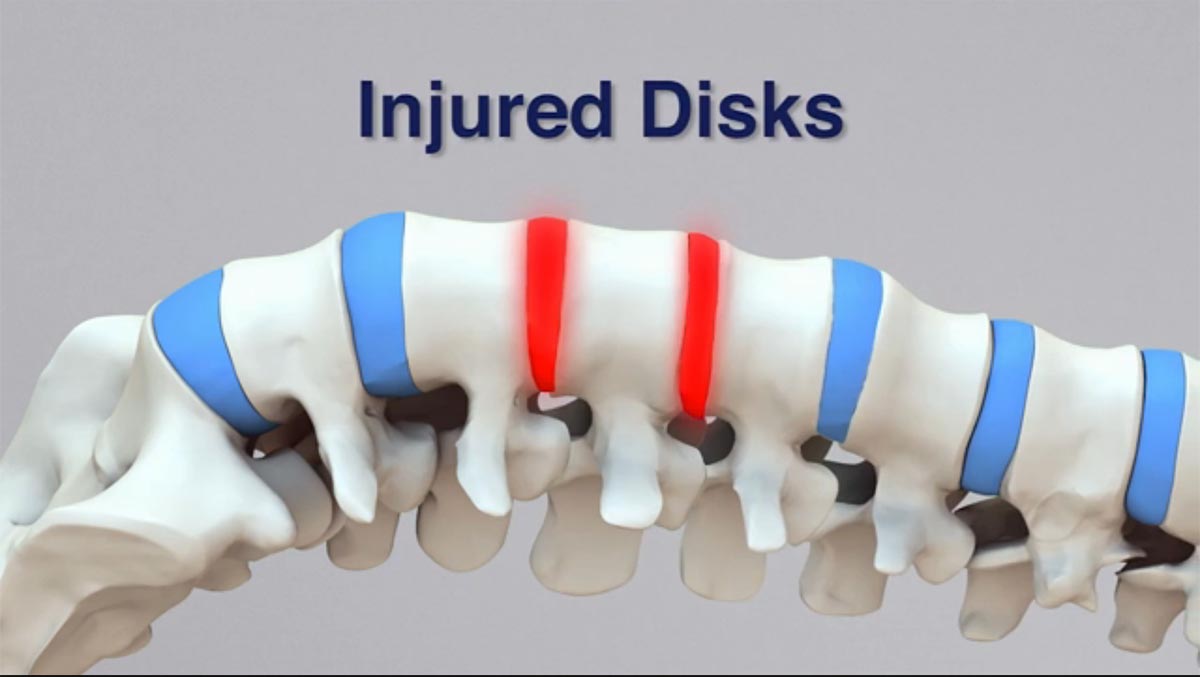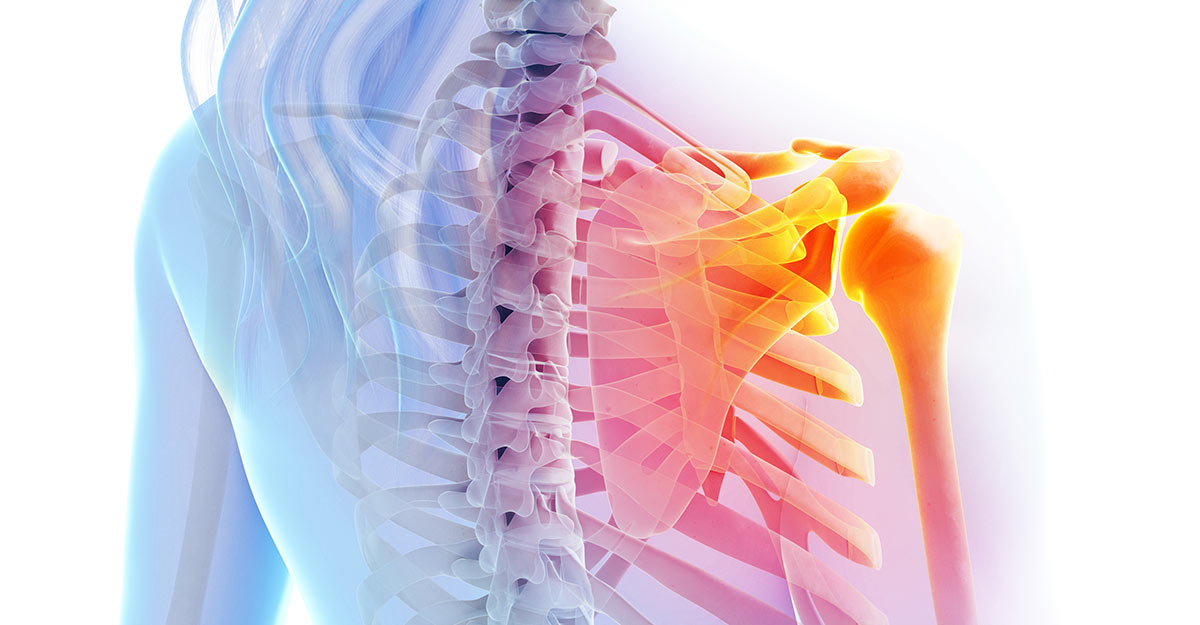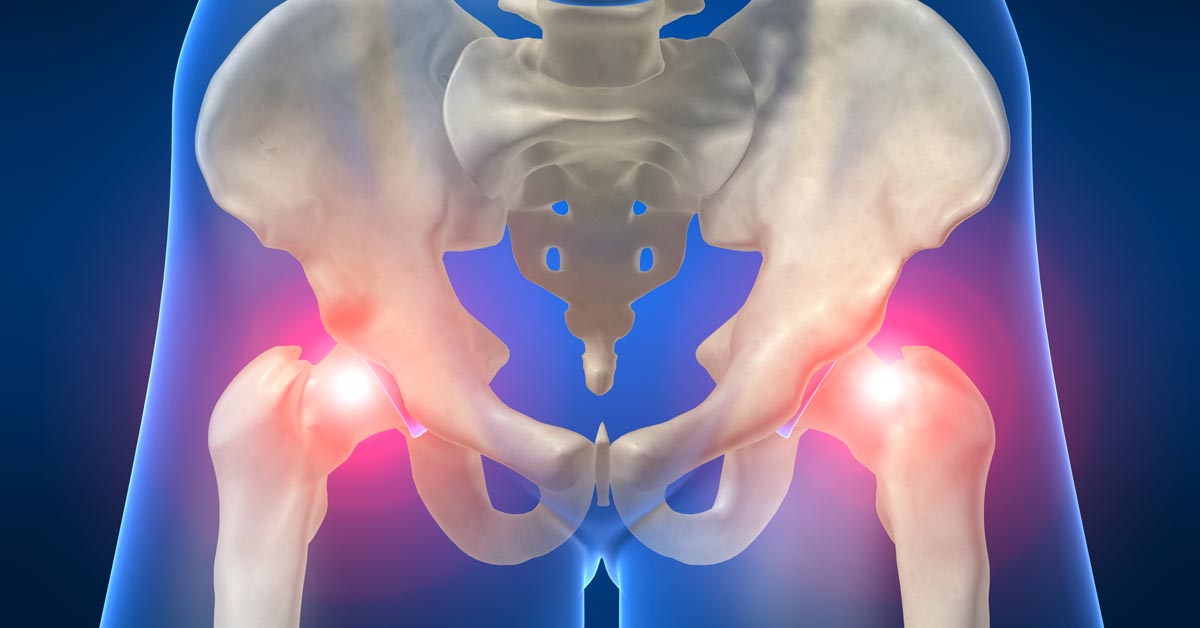 Of the roughly 2 million rear-end accidents in the US annually, a substantial number of men and women end up dealing with long-term pain and disability. Some studies have shown that about 20% of people are still in pain one year after a collision.
Of the roughly 2 million rear-end accidents in the US annually, a substantial number of men and women end up dealing with long-term pain and disability. Some studies have shown that about 20% of people are still in pain one year after a collision.
Dr. Weinberg sees many auto accident patients in our Smyrna, GA office, and we regularly see people who have been hurting for many years and have not been able to find relief. Dr. Weinberg has great success in helping these patients.
The Roots of Chronic Pain
During a collision, the tissues of your neck and back can be sprained or torn. The injured area becomes swollen and irritated and transmits pain impulses to the spine and brain.
Pain tells your nervous system that something is wrong, which tells the muscles in the injured area to contract to protect the area from further damage.
If the damage isn't addressed immediately, a negative cycle develops. The damaged tissues keep sending pain signals and each time, your nervous system reacts. This produces a feedback loop in your nervous system that experts refer to as "central sensitization." Your nervous system literally becomes oversensitive to any kind of stimulation, causing chronic pain.
Dr. Weinberg is able to help this kind of issue, as chiropractic is a proven way to restore your nervous system's healthy functioning. Studies show that adjustments are successful at reducing pain from car crashes and shows that chiropractic actually has positive effects on the pain centers of the brain.
If you live in Smyrna, GA and have been in a collision, you don't have to suffer with chronic pain. Give Dr. Weinberg a call today at (678) 214-4445 for a consultation or appointment.
- Ferrari R. A prospective study of the 1-year incidence of fibromyalgia after acute whiplash injury. Rheumatic & Musculoskeletal Disease 2015; doi:10.1136/rmdopen-2014-000007.
- Stone AM, Vicenzino B, Lim EC, Sterling M. Measures of central hyperexcitability in chronic whiplash associated disorder - A systematic review and meta-analysis. Manual Therapy 2012;18(2):111-7.



Remond Weinberg